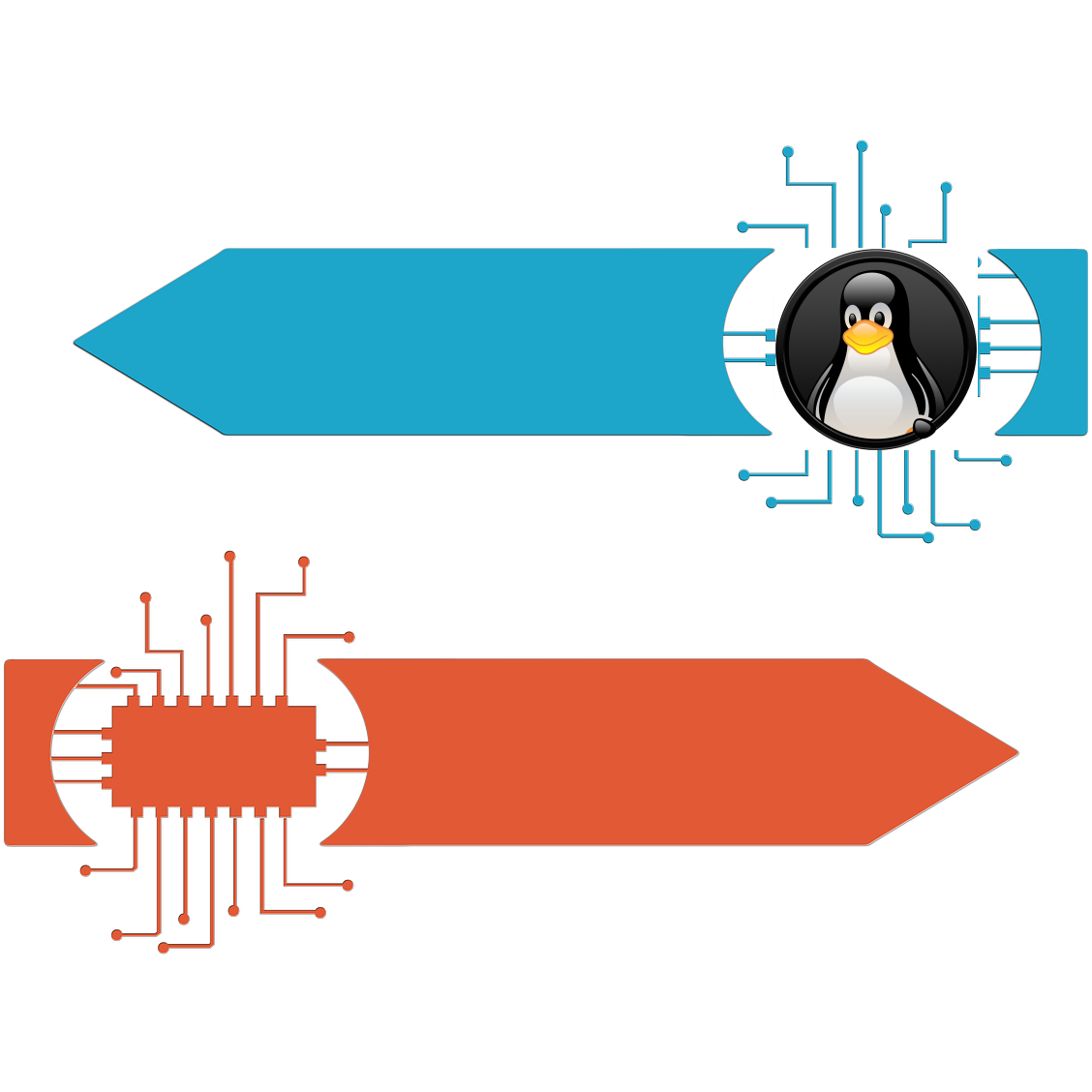this post was submitted on 01 Jul 2023
2 points (100.0% liked)
Linux
48240 readers
661 users here now
From Wikipedia, the free encyclopedia
Linux is a family of open source Unix-like operating systems based on the Linux kernel, an operating system kernel first released on September 17, 1991 by Linus Torvalds. Linux is typically packaged in a Linux distribution (or distro for short).
Distributions include the Linux kernel and supporting system software and libraries, many of which are provided by the GNU Project. Many Linux distributions use the word "Linux" in their name, but the Free Software Foundation uses the name GNU/Linux to emphasize the importance of GNU software, causing some controversy.
Rules
- Posts must be relevant to operating systems running the Linux kernel. GNU/Linux or otherwise.
- No misinformation
- No NSFW content
- No hate speech, bigotry, etc
Related Communities
Community icon by Alpár-Etele Méder, licensed under CC BY 3.0
founded 5 years ago
MODERATORS
you are viewing a single comment's thread
view the rest of the comments
view the rest of the comments

I don't think there's a clear best here. If you find using wine easier than learning new music software, then sticking with what you know is best. If you're flexible about your process, there are a lot of amazing free tools and you'll probably have a more seamless time developing a workflow around them.
Personally I think learning different software is a great way to build a more flexible understanding of the fundamentals of music production, but everyone has different needs so I don't think there's a one size fits all approach.
Ardour recently go a lot of Ableton style features in version 7. Zrhythm looks pretty solid. Reaper isn't foss, but is run by a small & trustworthy team and is my main DAW, though I'm exploring less daw heavy workflows recently. VCV Rack is an incredible piece of software that has thousands of modules and is like having an entire warehouse full of modular synth gear but digitally. Cardinal is a fully self contained version of VCV Rack that works as a plugin and has ~1000 open source modules built in. Bitwig isn't foss, but borrows heavily from the Ableton paradigm, has their own twist, and has always natively supported linux. Tracktion Waveform isn't foss but looks pretty cool, depending on what suits your workflow.
thanks your thorough response! I'll have a look!